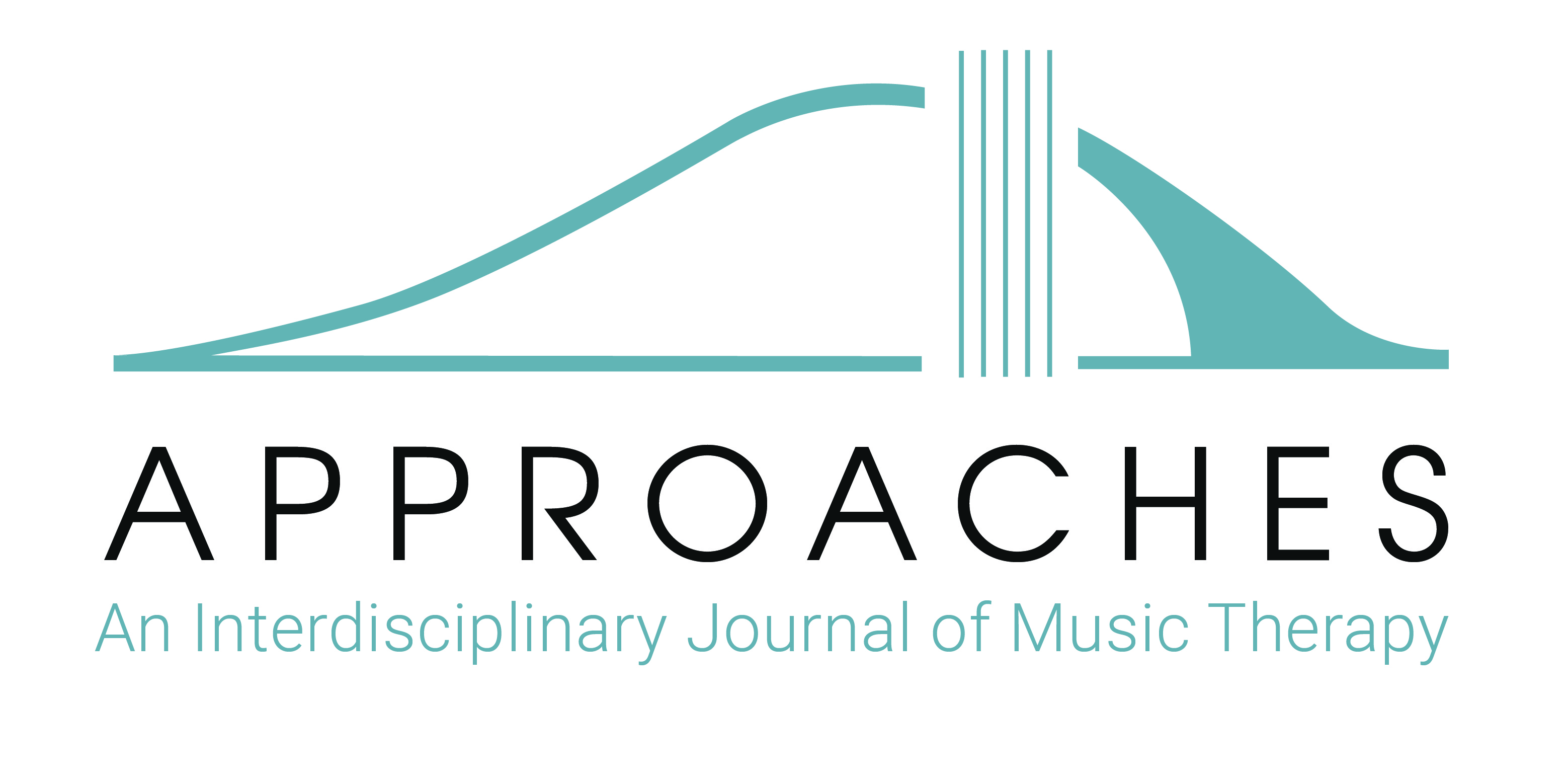First View – Article (published on 8 January 2024)
“That’s what makes me authentic, because what we domakes sense” – Music professionals’ experiences ofauthenticity: A phenomenological, hermeneuticalinterview study
Julie Ørnholt Bøtker, Turid Nørlund Christensen & Stine Lindahl Jacobsen
ABSTRACT
Within music education, music therapy, and music performance theory, various perspectives on the concept of authenticity have been discussed and investigated. Authenticity seems to be a concept with wide possibilities for application and likewise wide definitional borders, which makes it hard to investigate. Drawing on the knowledge and framework developed by Bøtker and Jacobsen (2023), we wish to continue the investigation of authenticity within three music professions from a practice-based perspective. For this study, music therapists, music educators, and music performers (six participants) were interviewed twice about their experiences of their own authenticity when facilitating musical activities with children and adults (parents or teachers). The interviews were transcribed and analysed using a thematic coding analysis: deductively using the conceptual framework by Bøtker and Jacobsen as well as inductively by looking for new emerging themes across these three professions. The findings confirm the conceptual framework but also suggest an expansion, adding the element of ‘Values’. The new framework consists of six elements that all pertain to the experience of authenticity: relationship, role, context, professionalism, personality, and values. Furthermore, another theme appeared through the inductive analysis – ‘floating-anchoring’ – describing and synthesising the connection between the reflective and the sensorial awareness that supplement each other in the experience of authenticity within these three music professions. This floating-anchoring synthesis is suggested as a relevant framework for training and education within the three music professions.
KEYWORDS
authenticity, music education, music therapy, music performance
AUTHOR BIOGRAPHIES
Julie Ørnholt Bøtker, MA (music therapy, AAU), BMus (Rhythmic Music and Dance, vocal studies, RAMA), Ph.D. student at the Doctoral School of Music Therapy at Aalborg University. External lecturer at the Music Therapy Programme at Aalborg University, teaching primarily musical courses. Professional music therapist practicing within the fields of social psychiatry, elderly care, and developmental disabilities. Active musician in various improvisational music groups. [oernholt@ikp.aau.dk]
Turid Nørlund Christensen, MA (Educational Development, Aarhus University), BMus (Rhythmic Music Teacher, RAMA). Associate Professor at RAMA, department of jazz/pop music, teaching vocals, ensemble playing, songwriting, artistic development, and music teaching practice. Her research and artistic and pedagogic development work is focused on creative learning processes and art-based music didactics. She is an internationally acclaimed songwriter and recording artist with several tours in Europe, Canada, and the U.S.A. [tunc@musikkons.dk]
Stine Lindahl Jacobsen, MA (music therapy, AAU), Ph.D., Associate Professor. Head of Art, Aesthetics and Health, Department of Communication and Psychology, Aalborg University. Clinical and research areas mainly include arts and health, families at risk, effect studies and music therapy assessment. [slj@ikp.aau.dk]
